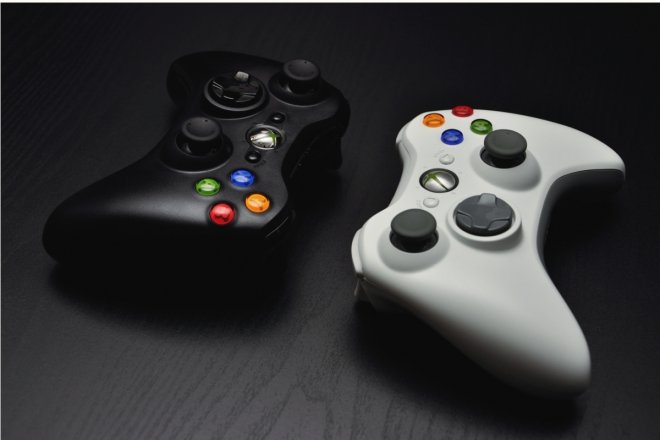
From Simcity to Destiny and from Call of Duty to Assassin's Creed Unity the game street is littered with a series of flop shows which were high on promise and low on delivery. The rise of online marketing and social media presence made it far easier than before for gamers to reach out to their audiences with new releases. However, gamers and developers often found it difficult to live up to the hype.
With the move into the next generation of consoles, many games that initially received the 'must-have next gen title' tag have failed to live up to the hype. Here are some of the most disappointing video games of the decade so far:
Call of Duty Ghosts
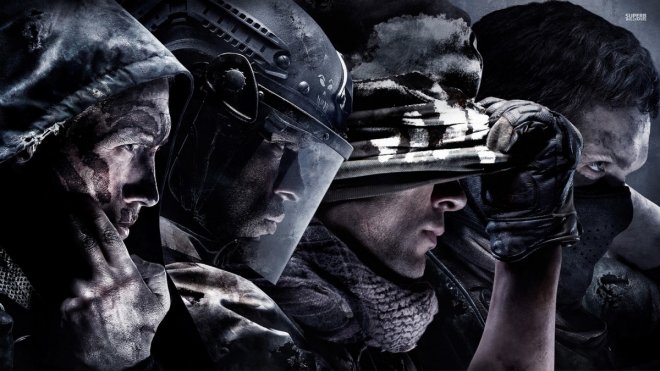
Call of Duty Ghosts is a first person shooter video game franchise, which was initially set in the backdrop of World War II and then turned its focus to modern warfare with developer Infinity Ward. Call of Duty franchise went on to become the biggest gaming series in the world, creating a legacy for them. So, any game related to this series is supposed to break all the expectation barriers all the time. You know the name and you know it's a video game even if you are not a gamer -- such is the inherited success of Call of Duty.
Call of Duty Ghosts was so important a release because with the modern warfare trilogy finished, Infinity Ward had to move on to a new Call of Duty series. Ghost as aresult was the most anticipated release of that time. And it just failed to live up to the huge expectations. The campaign and the multiplayer were both stale, repetitive and lacked creativity. The new Expedition Co-Op mode was cool but with only one map included on the disc, it got old faster than expected.
The developers created a brand new storyline with new characters but they were nothing memorable. Compared to the cast featured in Modern Warfare it was a real low for Infinity Ward. They failed to offer anything new or exciting. After Ghost Infinity Ward developed and released Black Ops III, which kind of saved their face but again in 2016 they failed miserably with Infinite Warfare. Ultimately it more or less confirmed that the Call of Duty magic was starting to wear thin.
Simcity

SimCity is again one of the classic examples in the list of being a good game gone bad just because of poor marketing strategy of the makers, i.e., Elctronic Arts. Sim City is an open ended city-building game which is entirely based on internet. So what might happen if the game's server collapses completely? Absolute disaster and that's what happened at the launch of the game.
SimCity slumped at the launch radically when EA's servers fell apart, thanks to widespread technical problems and the rush of gamers eager to jump online and start building. And why won't they? SimCity had received critical acclaim for its new engine and re-imagined gameplay. It raised all sorts of questions about why the hell didn't the makers develop an offline version of the game. One answer was that as SimCity needs an internet connection, the developers could verify copies of the game to prevent piracy. But was it a great policy though? Hopefully, the outcry that followed this disaster would make developers more cautious while creating a solely online based game.
Destiny
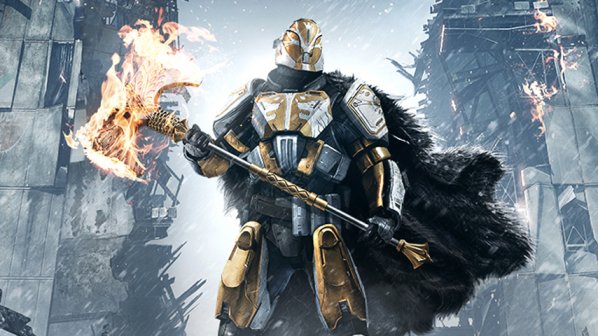
Bungie's exceptional work with Halo series made the gaming legends. So, when they decided to come up with their first new console franchise since the Halo series, the whole gaming world was fuming with expectations and hope. Destiny is an online-only first-person shooter video game. Destiny was on the edge for quite some time then with its references in Halo 3: ODST and with such long development period it was expected to come out with bunch of exciting new ideas, gorgeous and innovative concepts and stunning sci-fi worlds.
Well, when it actually came out other than nailing the sci-fi world design Bungie completely failed to meet the expected high. Being a massively multiplayer online game Destiny was designed to be played in groups but bizarrely the tools to join and communicate with groups were simply not available at launch. Honestly, gamers were right to expect big from the creators of Halo. While Bungie nailed some of the aspects, too many were left behind. The storyline was non-existent and the levels were entirely predictable with repetitive elements. The single player content is offensively slim. Many regard Destiny as a disappointing flop that did not live up to its 'next-gen' tag whatsoever and rightly so.
Watch Dogs
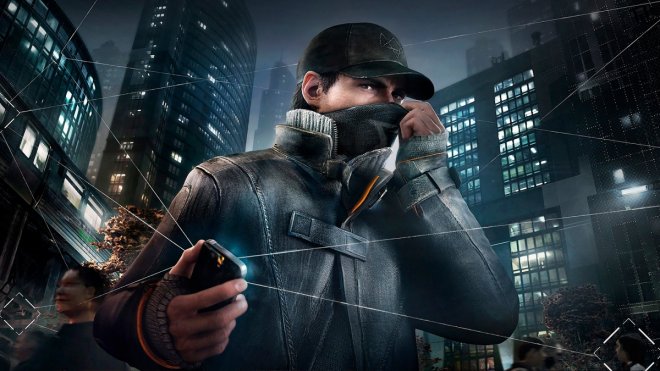
Watch Dog stood as an extremely different game full of vibrant ideas as soon as it was showcased at the Electronic Entertainment Expo 2012. The game was released two years after that. Watch Dog made a striking impression on audience in E3 but when it came out it turned out to be nothing but a tool in escaping police chases or to flick through security cameras in a building. It didn't really create any revolutionary gameplay as its glimpse might have promised at the E3. Lead character of the game Aiden Pearce failed to be interesting, rather it just stood out as a mere and poor replica of Batman to some extent. When first introduced Watch Dogs really seemed to be beaming with potential, or so the makers had made us believe, but it just got lost in the making process and turned out to be a big disappointment.
Dragon Age II
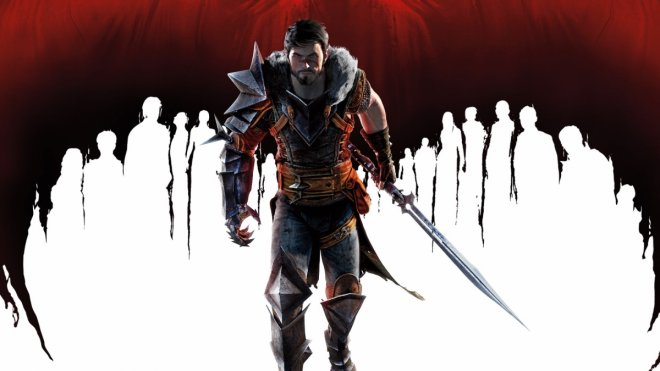
Bioware's Dragon Age: Origins might just be the best thing they've ever made. Having said that, Dragon Age II might just be the worst game they've ever made too. Origins had a sprawling world with interesting locations, a great set of quests which put the player in life or death situations and a great finale to top it's engaging storyline. Dragon Age II on the other hand had none of these. Despite having some exciting new developments to combat Dragon Age II is set almost entirely within the same area. It's a 20-hour plus role-playing game set in one area, made up of about twenty different screens total. Exploration and world discovery are thrown out the window. As a sequel to the exceptional Origins, Dragon Age II was a massive disappointment.
Mass Effect 3
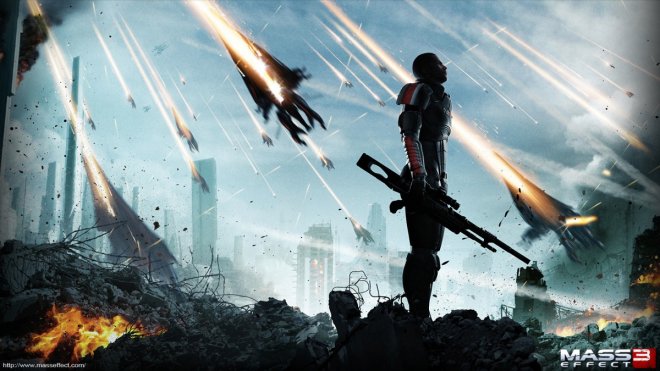
A science fiction action role-playing third-person shooter video game developed by BioWare Mass, Effect became an instant hit as soon as it hit the market with the first game of its series. The unprecedented success of Mass Effect built an unbelievable hype and enormous eagerness for the 'expected-to-be-grand' finale.
Unfortunately though, BioWare failed tremendously to create that final climatic moment. It left fans disappointed, desparate for answers and outraged. When at the final moment Shepard arrives at the top of the Citadel for the final showdown, he is welcomed with three options to choose, each ending the game differently. But finally the differences in each ending were incredibly minor – so much so that at some details only a different colour is used in the explosion which follows... that's it.
It completely disregards any choices that a player chooses throughout the whole series. It sucked. Fans were fuming to invest so much time in a series and be left with such a disappointing climax. Mass Effect 3's anti-climatic ending has gone down in infamy.
Batman Arkham Origins
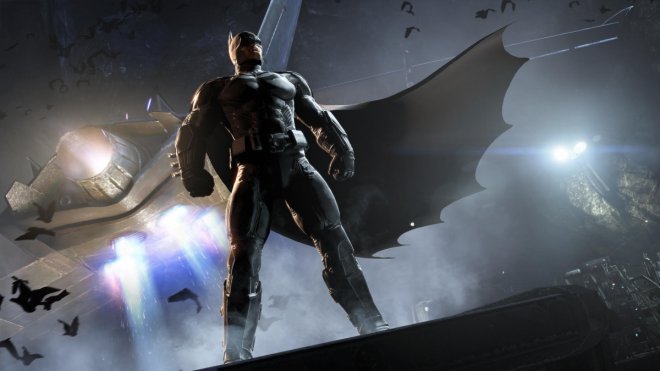
It is really heartbreaking to include one Arkham game into this list. Batman: Arkham is a series of action adventure video games based on the DC Comics character Batman, as it goes by the name of the series, developed by Rocksteady Studios and WB Games Montréal, and published by Warner Bros. Interactive Entertainment.
Yes, the names associated with the game are so big that one can't even imagine it to be disappointing. Batman Arkham Origins is a classic example of not living up to the hype. Origins was the first of the series to really lack the spark of creativity. It never really tried to execute anything different or exciting as, it was more like an expansion of the previous game of the series Arkham City. The main thing that Arkham Origins didn't have, was the brilliant inputs of Rocksteady as, Origins was developed by Warner Bros. and Montreal in their stead. Admittedly, Warner Bros. and Montreal were facing an uphill battle to replicate the superb work done by Rocksteady with the Arkham series. And amid all these tensions Origins felt too repetitive and too predictable. Gotham City in Christmas was still an intriguing idea but without an interrelated storyline and a proper hold it completely crushed in front of the enthusiasm of the audience. Origins was not a bad game but it just could not live up to the expectations and hype of Arkham Games
Assassin's Creed Unity
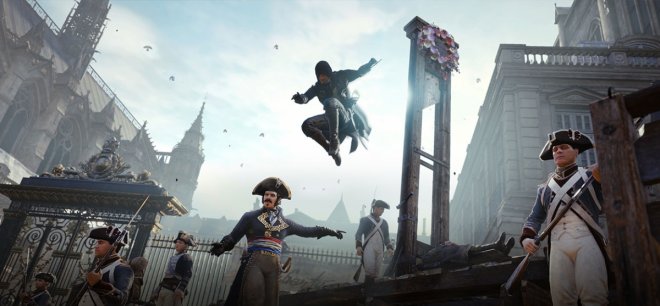
Ubisoft managed to disappoint its audience hugely by launching Assassin's Creed Unity with a bunch of technical glitches. Though the warning signs were already there Ubisoft still thought it would be a great idea to avoid them and go ahead anyway. So, the fans faced some inevitable issues with the game. Frame-rate drops were frequent, players could fall through the floor at a moment's notice and character's faces could infamously disappear, revealing a horrifying mess of floating eyeballs and lips.
Apart from the technical issues Assassin's Creed Unity seemed a like a step backwards. Black Fag, the previous game of the series, punched new life to the game with exciting new add-ons but Unity again took it back to the same old formula. It seemed like the makers lacked enthusiasm to do something new with the series. The stealth mechanics were still poor, combat is still overly repetitive and the story was also held under scrutiny from fans.
Resident Evil 6
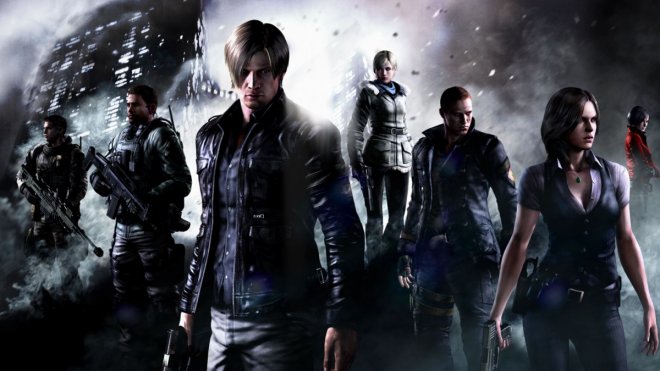
Many people argue that the gaming series started having a downfall with Resident Evil 4, despite the fact that it was one of the best games made ever. The shift to a third-person shooter in Resident Evil 4 moved away the claustrophobic, stationary camera roots. Resident Evil 6 kind of sealed that devastation, Resident Evil 4 not be blamed. Full of quick-time events and few horror elements, survival horror goes completely out the window throughout In Resi 6, which is the genre the series created almost single handedly. Jake's campaign in the game is uninventive while Chris' levels are a series of boring gunfights which play like a bad Gears of War rip-off. The main disappointment was that spin-off Revelations was released on 3DS earlier in the year and it outclassed this main iteration in every regard.
Duke Nukem Forever
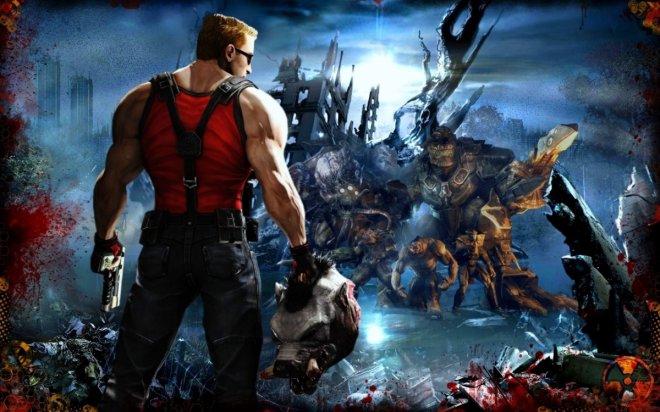
When you take fifteen years to make a video game then it is supposed to enter the market with a bang. Unfortunately that wasn't the case with Duke Nukem Forever. Announced in 1997 it was a sequel of 1996 game Duke Nukem 3D. Initially 3D Realms affirmed that it will be released when done but they could not and also faced a lawsuit over their failure to finish development.
Then, Gearbox Software, supported by 2K Games, picked up the pieces and started developing it and finally after waiting for an aweful lot of time Duke Nukem Forever, 'the game that never was', was released in 2011. But unlike wine, it became worse with time. The game was just a below average shooter which had barely any value. With awful controls, stupidly long loading times and dated design, Duke Nukem Forever sucked. The linearity of the game was heavily criticised, especially in regard to Duke Nukem 3D's open levels which encouraged exploration.









